It’s no secret that people really, really want to see more of Elden Ring. The upcoming action RPG is hotly anticipated, and for good reason: it’s being developed by FromSoftware (known for Dark Souls, Bloodborne, and Sekiro, among others), and its lore and worldbuilding are in the expert hands of Game of Thrones author George R.R. Martin and legendary game director Hidetaka Miyazaki. The title was named the most anticipated game at last year’s Game Awards even though no footage of it was even shown. In fact, nothing has officially been released since the game’s original reveal back in June 2019.
Which is why it shouldn’t be a shock that a trailer for the game, or at least an unconfirmed, poorly recorded snippet of one, has leaked. In a mere few seconds it shows off third-person combat against a giant dragon, attacking while horseback riding, and magic, all in a world that seems to mash up gameplay ideas from The Witcher III, Dark Souls, and Skyrim. Text on the trailer even goes as far as to refer to Elden Ring as a new “franchise.”
As exciting as a trickle of information can be, leaks like these have an unintended consequence. They feed into a culture fueled by ravenous fanatics who wouldn’t be sated if they were given all the treasures on Earth. This culture is an outside force that pressures game developers and publishers, putting them in positions that could compromise a game altogether. And ultimately, it only ends up disappointing everyone involved.
Where’s my game?

There are some titles that have the double-edged boon of becoming extremely popular well before they even release. These games gain massive bases of clamoring fans, but often, for years of development, those fans have almost nothing to get excited about. They need something — more news, more trailers, more content regarding a game that they won’t be able to play anytime soon — to keep them satiated. And the longer they wait, the more impatient they get.
These fans speculate and hype each other up, deciding for themselves that it’s been too long since they’ve seen an update, or that the game is somehow late. They feel as if they’re owed something by the people making the game. That’s when this campaign of outside pressure begins, and when people actually who have no involvement in a game’s development determine that they have the power to make decisions about it.
Leaks like the ones that happened for Elden Ring only add to that pressure, giving the clamoring masses something to latch onto. It’s not officially released content, and it’s not even well recorded, but it’s something for the Elden Ring community to hold up in front of the developers and ask, “Why didn’t you show this before? When will you actually show it?” That sentiment, as crass and uninformed as it is, is sure to have some kind of impact on FromSoftware.
We’ve been here before.

The results of pressure campaigns like these can be seen very recently. Cyberpunk 2077, which was originally set to release in April 2020, was delayed multiple times, and with each delay, many fans felt they were justified in their uninformed demands that the game be released now. Eventually Cyberpunk did come out, and for some, it was in a completely unplayable state. For others, it was a buggy mess. And for many, it was just a hollow experience. It’s very clear that the game needed more time.
Of course, there was one main difference between CD Projekt Red’s development cycle and FromSoftware’s handling of Elden Ring so far: a massive marketing campaign. CD Projekt Red wanted everyone to know everything about its upcoming title, its magnum opus. The game had multiple appearances at game shows, 40-minute-long gameplay trailers, and eventually its own dev-produced video series previewing its different facets.
However, there was still pressure to get the game out. What can be gathered from past interviews with CD Projekt Red employees is that executives at the studio set unrealistic timeline expectations. While these were detrimental to the development of Cyberpunk 2077, nothing could have hurt more than fan outrage. After its multiple delays, the fanatics who decided there was no reason to delay Cyberpunk 2077 grew furious and mounted their own pressure campaign against CD Projekt Red. And it wasn’t just mean-spirited comments on Twitter. After its final delay, developers at CD Projekt Red began receiving death threats.
We won’t say that these threats are to blame for the game’s state — Cyberpunk 2077’s flaws were internally driven, and fuelled in majority by the mismanaged expectations of CD Projekt Red’s executives and promises made to shareholders. However, they were part of a harmful effort by fans, people with no involvement in the game’s development, to push it further along. Death threats and crunch don’t make for a healthy work environment, and when looking at the pressure that came from both inside and outside of CD Projekt Red, it’s no wonder Cyberpunk 2077 turned out the way it did.
Let developers do their jobs

Elden Ring fans aren’t sending death threats, and we hope it never goes that far. However, they are applying a version of the culture of pressure. We can’t say whether or not FromSoftware and its developers will buckle to fans in the end, but further calls for more information about the game to be shared, or for more trailers to debut, simply won’t help. Somewhere down the line, either at FromSoftware or the offices of Elden Ring’s publisher Bandai Namco, this clamoring will be noticed. Our fear is that instead of letting developers do their jobs right and release the game that fans actually want, they will, ironically, do what fans think they want and rush to release more quickly, resulting in a poor gaming experience.
Ultimately, there’s a reason why fans are fans and developers are developers. They are experts in their field, and they know what it takes to put together a game. There will always be times when input from fans is necessary, and nearly every game studio can point out instances where community recommendations actually made a game better. But that insight doesn’t apply to a title’s development calendar. Fans are totally removed from this process for good reason. Their input would come from an uninformed place and serve as a detriment to the game overall.
If we want better games, we need to let developers do their jobs. Be a fan of something, get excited; there’s nothing wrong with that. But fans cross lines when they decide that developers should be strictly adhering to their expectations. Elden Ring will, hopefully, launch when it’s ready. That’s really what we all want: great games.
And Elden Ring isn’t the end of this conversation. As long as games are announced and hype is built up, this trend will continue. Diablo Immortal suffered from this when it was the fans, not Blizzard, who set the expectation that BlizzCon 2018 should include a Diablo IV announcement. And then there’s Bethesda with The Elder Scrolls VI, which was announced with just a sweeping title screen to confirm to fans that, yes, one day Bethesda will be releasing another Elder Scrolls game; please stop asking. Not to mention Rockstar and the daily calls for Grand Theft Auto VI. Do we want to play these games? Absolutely. Can we wait for them to actually be developed and finished? Of course.
At some point, people decide that it’s high-time for Blizzard or Bethesda or FromSoftware to release more information about their upcoming games, even when the company has nothing ready. Regardless of whether or not leaks happen — although more often than not nowadays they do — that same culture of pressure will rear its ugly head again, negatively impacting the game’s development and leading to another disappointing multimillion-dollar title that gathers dust on our shelves.



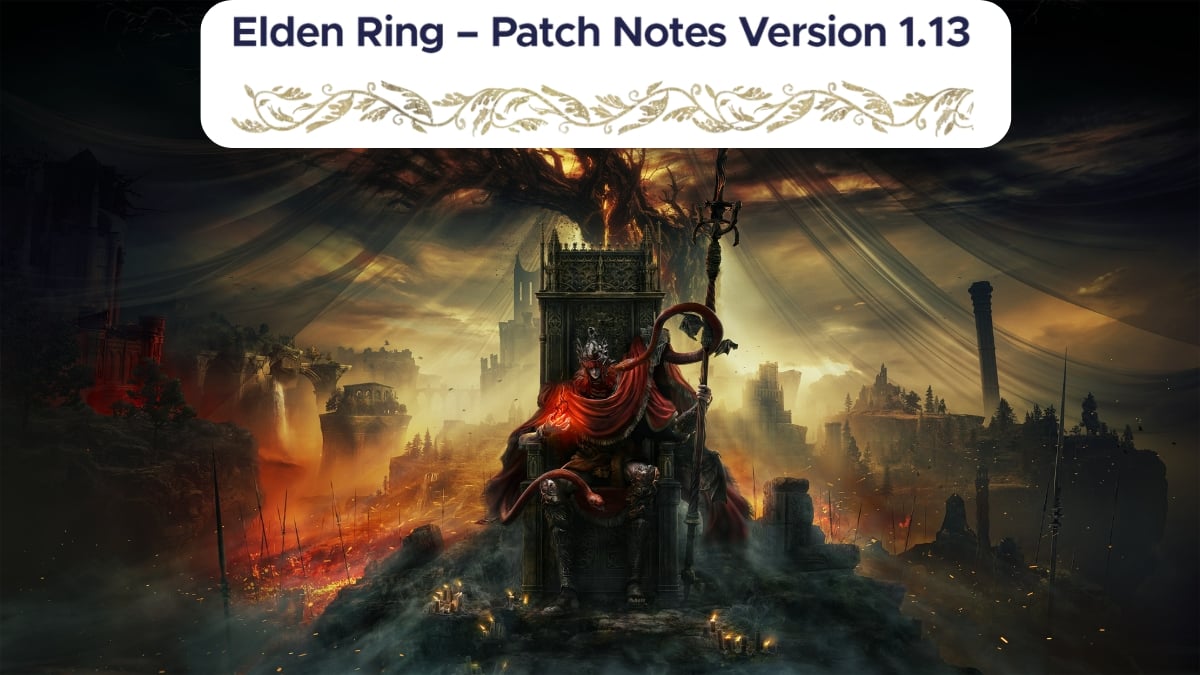
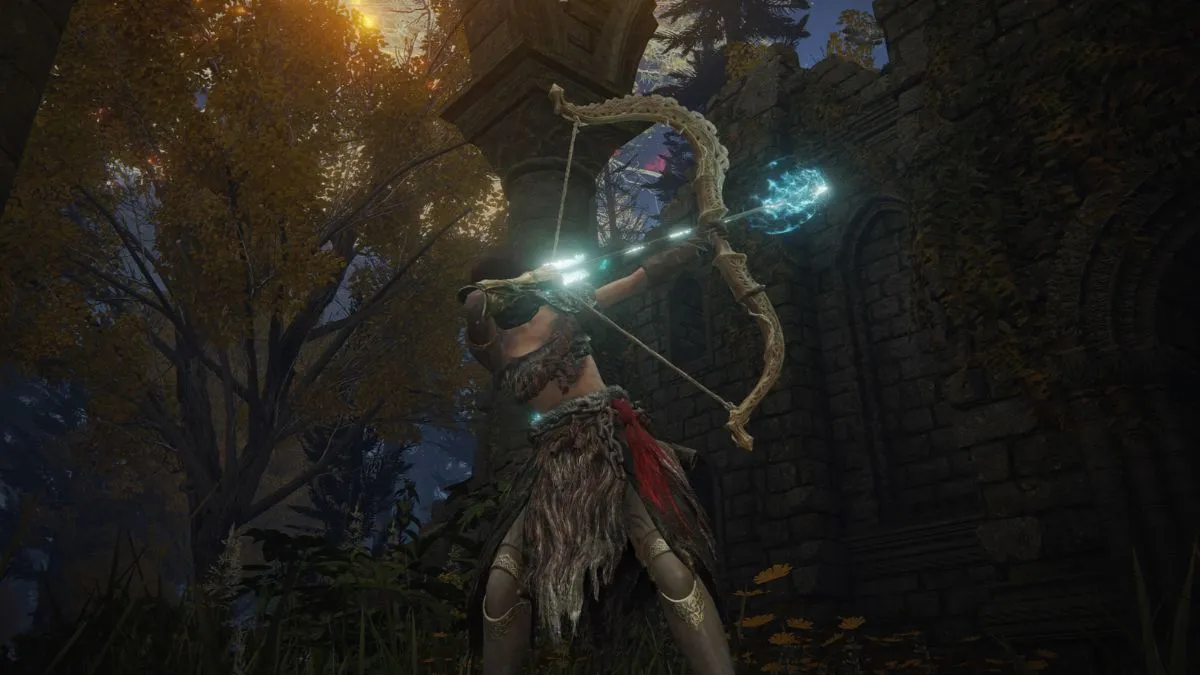
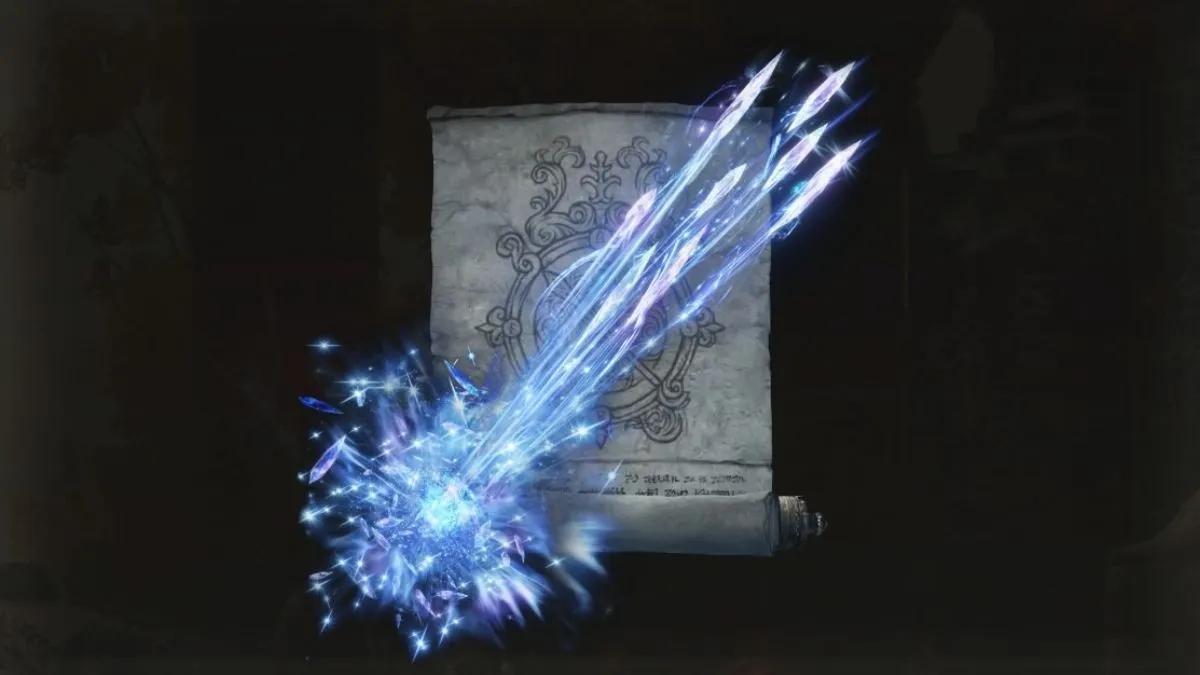
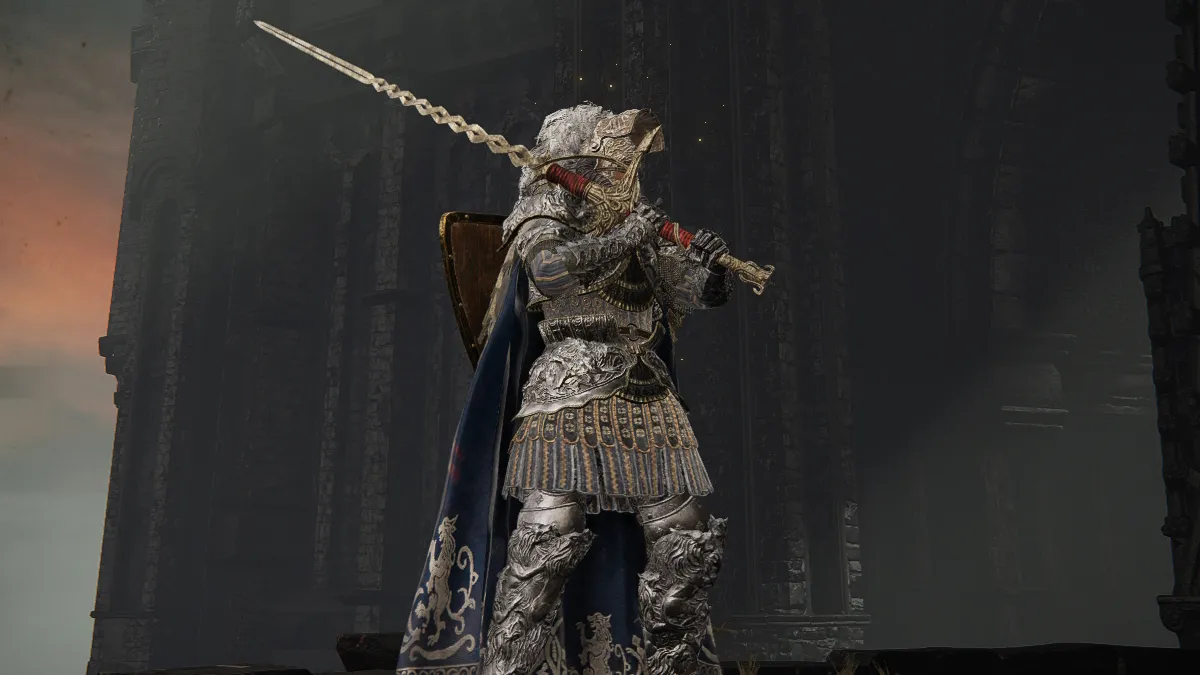
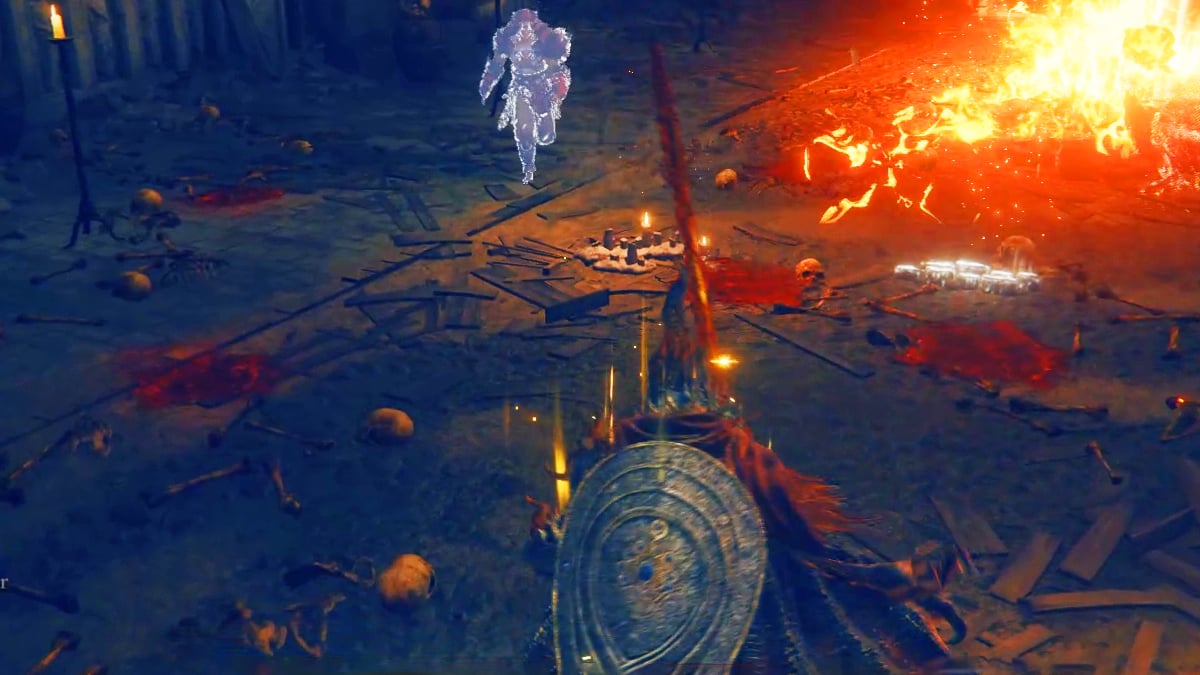
Published: Mar 1, 2021 05:43 pm